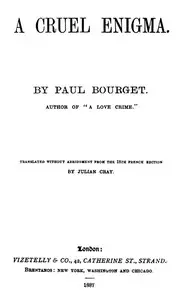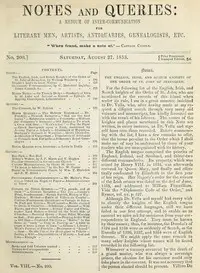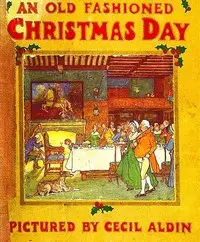"Rídan the Devil, and Other Stories" by Louis Becke is a collection of short stories written in the late 19th century. The opening story introduces Rídan, a mysterious and feared character living on a German plantation in Upolu Island, who is regarded as a devil or wizard by his peers. The tales likely explore themes of colonialism, conflict, and the struggles of indigenous populations, particularly in relation to Rídan’s tragic experiences and the oppressive conditions he faces. At the start of the collection, readers meet Rídan, a man bound in iron and living in isolation due to the animosity and fear he evokes in his fellow workers on the plantation. After a violent altercation with the overseer, Burton, Rídan is sent back to the plantation, despite attempts to escape his harsh captivity. The narrative underscores the brutality of colonial rule as it follows Rídan's attempts to regain his freedom and the kindness of a man named Pulu, who shows compassion towards him even under dire circumstances. Rídan's heartbreaking story invites readers to grapple with issues of identity, cultural dislocation, and resilience in the face of systemic oppression. (This is an automatically generated summary.)

Rídan the Devil, and Other Stories 1899
By Louis Becke
"Rídan the Devil, and Other Stories" by Louis Becke is a collection of short stories written in the late 19th century. The opening story introduces Rí...
George Lewis Becke was at the turn of the nineteenth century, the most prolific, significant, and internationally renowned Australian-born writer of the South Pacific region. Having lived and worked among Pacific Islands and Islanders as a trader, ship's supercargo, and villager for some two decades, learning languages and observing natural and cultural life, Becke was prompted by J F Archibald of The Bulletin to write down his experiences, eventually becoming a popular and respected author of short stories, novellas, novels, as well as historic and ethnographic works.


















